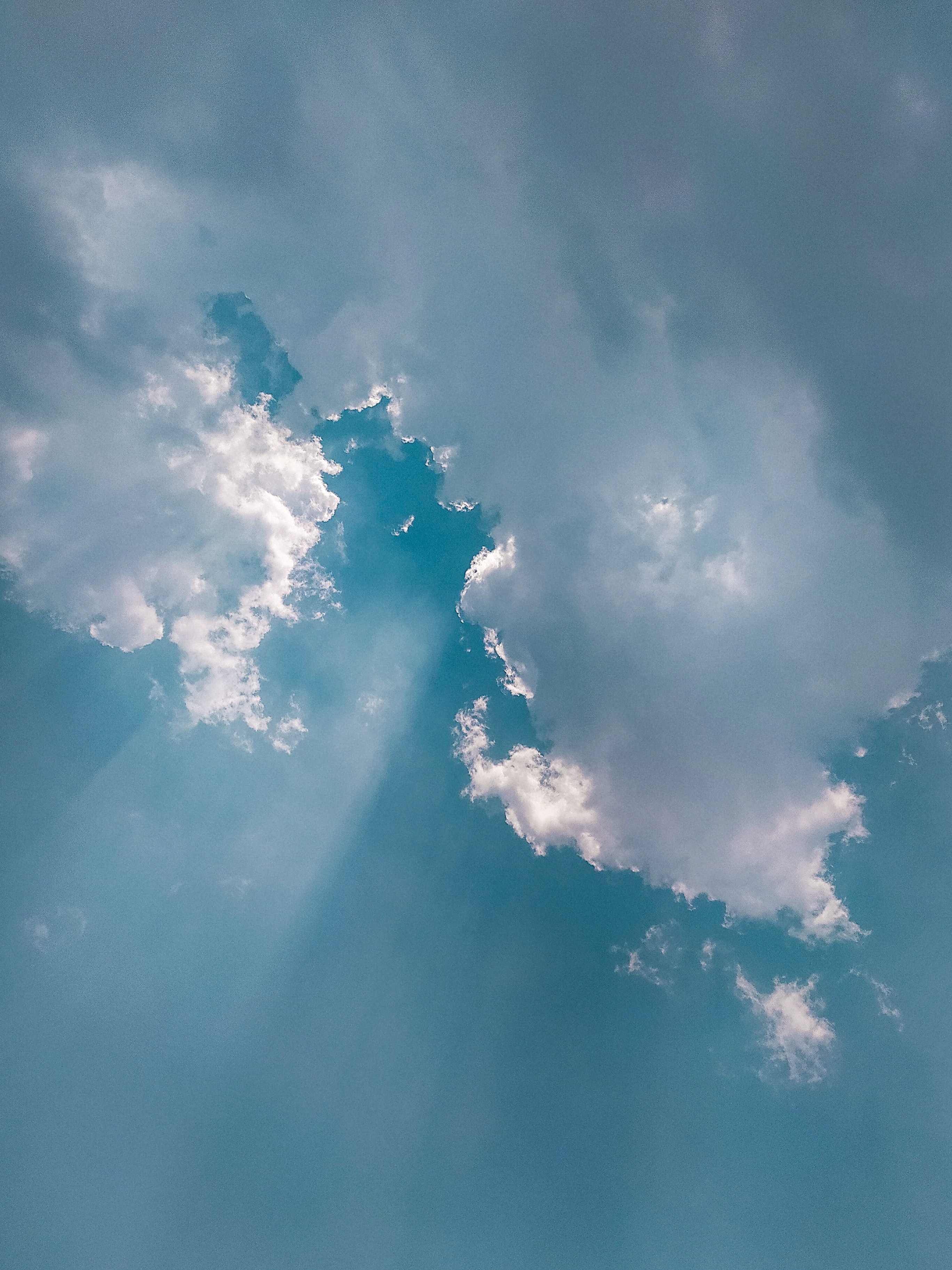MODERN ASIAN THOUGHTS BLOG #4

Choose Thy Battles Wisely (photo from: https://www.teahub.io/down/TTwmoJ_thor-ragnarok-hela-mural/) “A wise king never seeks out war, but he must always be ready for it.” Odin, the father of Thor, uttered these wise words in the Marvel film Thor (2011). War indeed must never be the first recourse of a leader. She or he must first exhaust the available peaceful means (e.g., dialogue, peace talks) before resorting to the use of force. Unnecessary violence which leads to the destruction of lives and property may be avoided with such means. However, as Odin puts it, the leader must always be ready for it since peace may not always be the enduring status quo. Someone might choose violence. In the unlikely event of war, it is better for us to be the party who is prepared. I am not only talking about the common notion of war (i.e., the violent conflict between nations), but also about the various battles one fights in life. The q...


